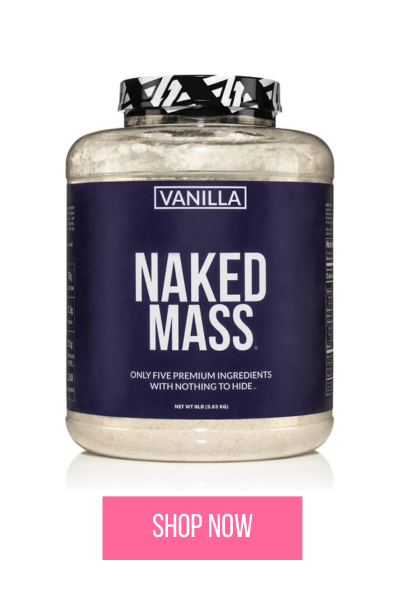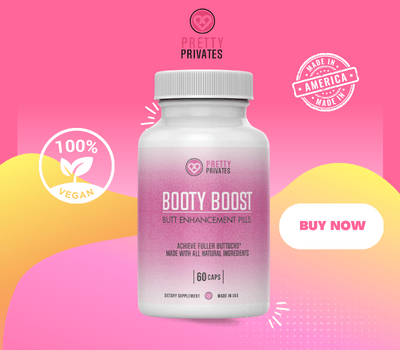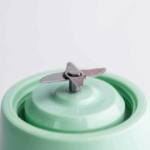Sculpt Your Waist with Pilates
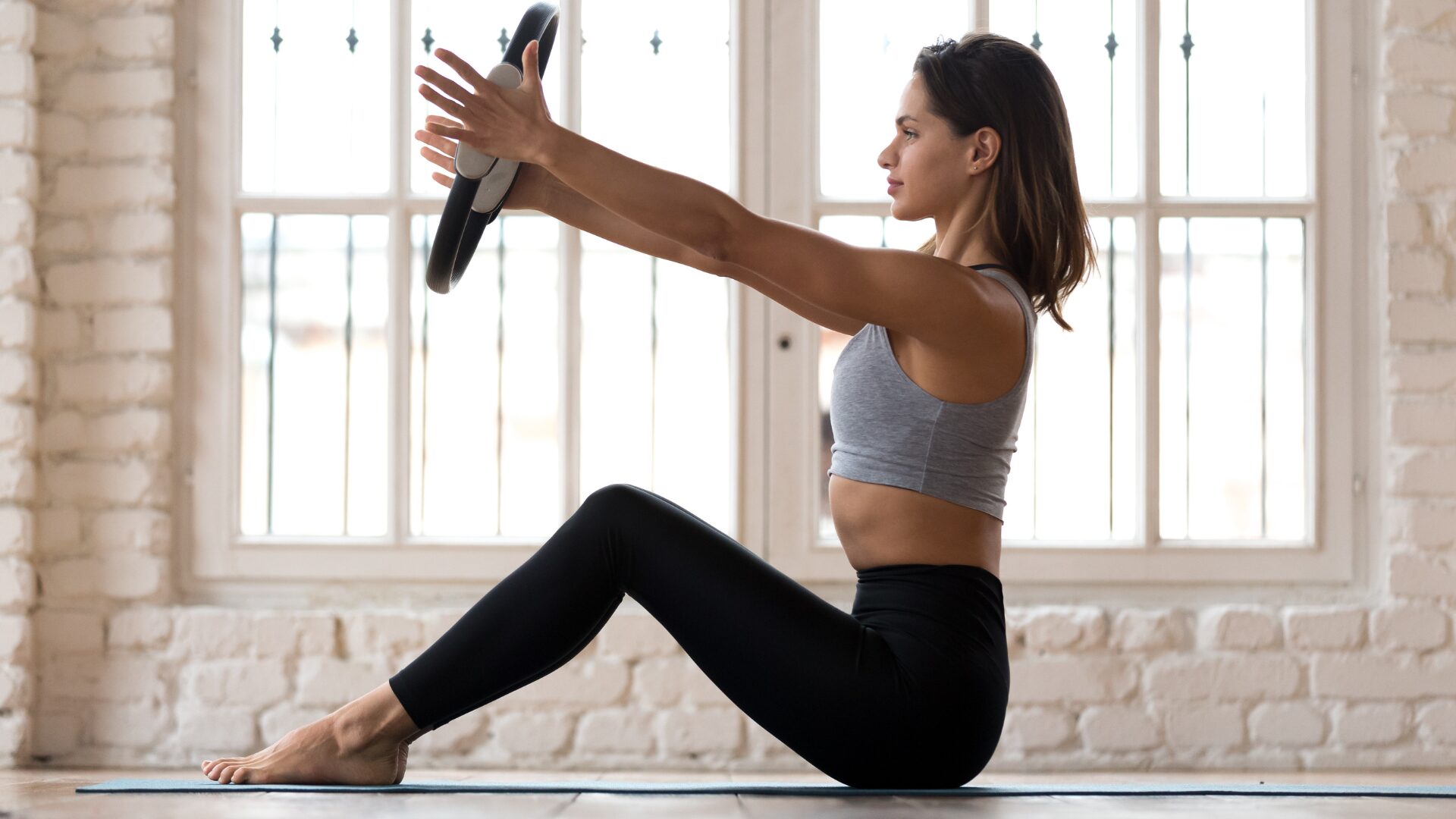
Looking to achieve a shapely waistline? Look no further than Pilates! Whether you’re aiming for a tiny waist or simply looking to sculpt and strengthen your midsection, Pilates offers a holistic approach that targets those abdominal muscles like no other. With a series of precise movements and controlled breathing, Pilates not only helps you tone your waist, but also improves your posture, flexibility, and overall core strength.
Get ready to sculpt your waist with Pilates and embrace a healthier, fitter you!
Benefits of Pilates for Waist Sculpting
Pilates is a wonderful exercise method that offers numerous benefits for waist sculpting. By incorporating Pilates into your fitness routine, you can achieve a toned and sculpted waistline.
Here are some key benefits of Pilates for waist sculpting:
➤ Improved core strength
One of the most significant benefits of Pilates is its ability to improve core strength. The core muscles, which includes the muscles in your abdomen, back, and pelvis, play a vital role in supporting and stabilizing your spine. Pilates exercises target these muscles, helping to strengthen and tone them. As a result, your waist becomes more stable and defined.
➤ Increased flexibility
Flexibility is another important aspect of waist sculpting. Pilates involves a range of stretches and movements that aim to improve flexibility in various parts of the body, including the waist. By regularly practicing Pilates, you can increase your range of motion, making it easier to engage in exercises that specifically target your waist.
➤ Improved posture
Good posture is not only aesthetically pleasing but also important for overall health and well-being. Pilates emphasizes correct alignment and postural awareness, helping you maintain proper posture throughout your daily activities. By improving your posture, you can naturally lengthen and elongate your waist, creating a more streamlined and elegant look.
➤ Enhanced body awareness
A key principle of Pilates is body awareness, which involves developing a deep understanding of your body’s movements and alignment. Through Pilates exercises, you become more conscious of your waist muscles and how they function. This heightened body awareness enables you to engage and activate your waist muscles more effectively, leading to better sculpting results.
Targeted Pilates Exercises for the Waist
To effectively sculpt your waist, it is essential to incorporate targeted Pilates exercises into your routine.
Here are some specific exercises that focus on the waist:
➤ Oblique curls
Oblique curls are a fantastic Pilates exercise that targets the oblique muscles, which are responsible for the waist’s definition. To perform oblique curls, lie on your back with your legs in tabletop position and your fingertips lightly touching your temples. Lift your head, neck, and shoulders off the mat, engaging your waist muscles as you curl towards one knee. Repeat on the other side to target both sides of your waist.
➤ Mermaid exercises
Mermaid exercises are excellent for elongating the waistline and improving flexibility. Sit on one hip with your legs folded to the side, similar to a mermaid’s tail. Reach your arm overhead and lean gently to the opposite side, feeling a stretch along your waist. Return to the starting position and repeat on the other side.
➤ Side plank variations
Side plank variations are dynamic exercises that engage the core, including the waist muscles. Begin by lying on your side with your forearm supporting your upper body. Lift your hips off the mat, maintaining a straight line from your head to your feet. For more challenge, lift one leg or add rotational movements, such as threading your arm under your body.
➤ Scissor kicks
Scissor kicks target the lower abdominal muscles and help tone the waist. Lie on your back with your legs extended straight up in the air. Lower one leg towards the mat while keeping the other leg lifted. Alternate legs in a scissor-like motion, making sure to keep your waist engaged throughout the exercise.
➤ Seated twists
Seated twists are effective in working the oblique muscles and improving waist definition. Sit on the mat with your legs extended in front of you. Cross one leg over the other and place your opposite hand on the outer thigh. Twist your torso towards the crossed leg, engaging your waist muscles. Repeat on the other side to target both sides of your waist.
Basic Pilates Principles
To make the most out of your Pilates practice for waist sculpting, it is essential to understand and apply the basic principles of Pilates. These principles provide a solid foundation for effective and safe workouts.
Here are the six basic Pilates principles:
➤ Breathing
Proper breathing is a fundamental aspect of Pilates. It involves inhaling deeply through your nose, filling your lungs, and exhaling fully through your mouth. Deep and controlled breathing helps to generate energy, maintain focus, and engage the core muscles effectively.
➤ Concentration
Concentration is the key to performing Pilates exercises with precision and control. By focusing your attention on each movement and the specific muscles engaged, you can maximize the effectiveness of the exercises and connect more deeply with your body.
➤ Control
Control is central to Pilates, as it promotes safe and effective movement. Pilates exercises emphasize precision and quality, rather than quantity. By maintaining control throughout each exercise, you can target the waist muscles more effectively and reduce the risk of injury.
➤ Centering
Centering refers to the activation and engagement of the core muscles, often referred to as the powerhouse. The powerhouse includes the muscles of the abdomen, lower back, hips, and buttocks. By centering your movements around these muscles, you can improve the stability and strength of your waist.
➤ Precision
Precision is another important principle of Pilates. It involves performing each movement with accuracy and attention to detail. By focusing on precision, you can effectively isolate and engage the waist muscles, leading to better sculpting results.
➤ Flow
Flow refers to the smooth and continuous movements performed in Pilates. Rather than performing isolated exercises, Pilates promotes seamless transitions between movements, creating a flowing and rhythmic workout. This fluidity enhances the engagement of the waist muscles and promotes a harmonious connection between mind and body.
Choosing the Right Pilates Equipment
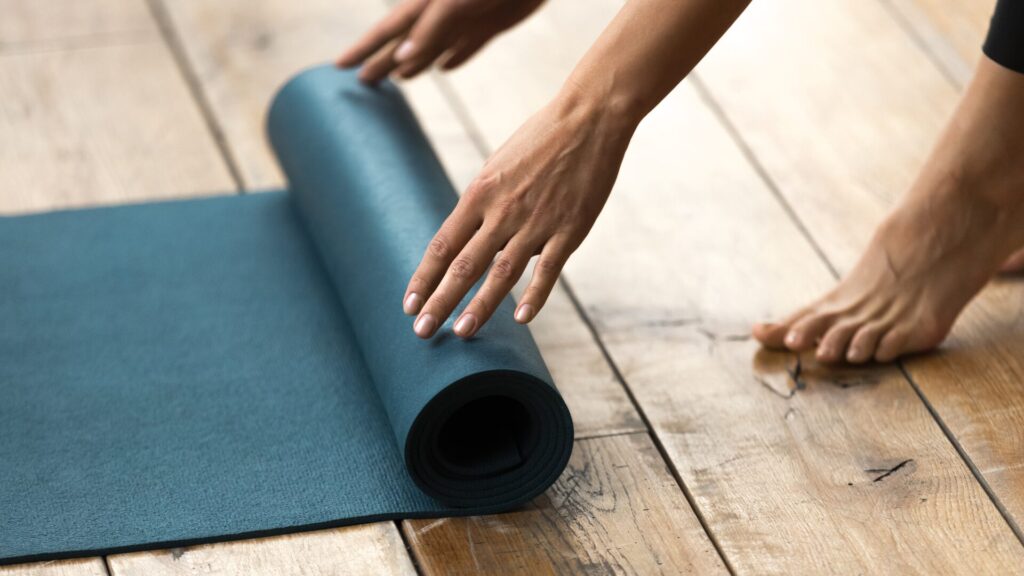
Pilates can be practiced using various types of equipment, each offering unique benefits for waist sculpting.
Here are some common Pilates equipment options:
➤ Mat Pilates
Mat Pilates is the foundation of Pilates practice and requires no additional equipment. Mat exercises are performed on a comfortable mat, making it accessible and convenient for people of all fitness levels. Mat Pilates exercises can effectively target the waist muscles and provide a challenging workout.
➤ Pilates reformer
The Pilates reformer is a versatile piece of equipment that consists of a sliding carriage, springs, and various attachments. It provides resistance and support, allowing for precise and controlled movements. The reformer offers a wide range of exercises that target the waist and can be adjusted to accommodate different fitness levels.
➤ Pilates chair
The Pilates chair is a compact piece of equipment that offers a challenging workout for the entire body, including the waist. It consists of a seat and pedals or springs that provide resistance. The chair exercises involve dynamic movements that engage the core and waist muscles effectively.
➤ Pilates ball
The Pilates ball, also known as a stability ball, adds an element of instability to Pilates exercises, requiring greater core engagement. By incorporating the ball into waist-targeted exercises, you can enhance the sculpting effect and challenge your waist muscles in new ways.
➤ Pilates circle
The Pilates circle, or magic circle, is a small resistance ring that is used to add resistance and support during Pilates exercises. It can be placed between the knees or hands to engage the waist muscles more intensely. The circle adds challenge and variety to waist sculpting exercises.
When choosing the right Pilates equipment, consider your preferences, budget, and fitness goals. It is recommended to consult with a qualified Pilates instructor to help determine which equipment would best suit your needs.
Finding a Qualified Pilates Instructor
To ensure safe and effective waist sculpting through Pilates, it is crucial to find a qualified instructor who can guide you through the practice.
Here are some factors to consider when choosing a Pilates instructor:
➤ Certification and qualifications
Look for instructors who have completed comprehensive Pilates certification programs from reputable training organizations. A certified instructor has received proper training and education, ensuring that they have the knowledge and skills to guide you through Pilates safely and effectively.
➤ Experience and expertise
It is beneficial to choose an instructor with significant experience in teaching Pilates. An experienced instructor has a deeper understanding of the various exercises, modifications, and progressions that can be suitable for different individuals. They can tailor the workouts to your specific needs and goals.
➤ Recommendations and reviews
Consider seeking recommendations from friends, family, or colleagues who have had positive experiences with Pilates instructors. Additionally, read online reviews or testimonials to get an idea of the instructor’s teaching style and the results achieved by their clients.
➤ Compatibility and communication
Finding an instructor with whom you have good chemistry and clear communication is essential. A Pilates session requires trust, so it is important to feel comfortable and confident with your instructor. They should listen to your goals and concerns and be able to adapt the exercises accordingly.
By carefully considering these factors, you can find a qualified Pilates instructor who will support you in your waist sculpting journey.
Creating a Pilates Routine for Waist Sculpting
Creating a personalized Pilates routine is an effective way to target your waist and achieve your sculpting goals.
Here is a step-by-step guide to creating a Pilates routine for waist sculpting:
➤ Goal setting
Begin by setting clear and specific goals for your waist sculpting journey. Whether you want to improve waist definition, strengthen your core, or increase flexibility, defining your goals will help guide your Pilates routine and measure your progress.
➤ Warm-up exercises
Before diving into the waist-targeted exercises, it is crucial to warm up your entire body. This helps increase blood flow and prepare your muscles for the upcoming workout. Incorporate dynamic exercises such as arm circles, leg swings, and gentle stretches to warm up your joints and muscles.
➤ Targeted waist exercises
Now it’s time to focus on exercises that specifically target your waist. Refer to the targeted Pilates exercises mentioned earlier in this article, such as oblique curls, mermaid exercises, side plank variations, scissor kicks, and seated twists. Aim to perform each exercise with precision and control, focusing on engaging your waist muscles.
➤ Integrating full-body movements
While waist-targeted exercises are important, it is also beneficial to incorporate full-body movements into your Pilates routine. This helps engage multiple muscle groups and promotes overall body strength and coordination. Exercises such as the Pilates roll-up, Pilates push-up, and Pilates plank are excellent choices to integrate into your routine.
➤ Cool-down stretches
After completing the main part of your Pilates routine, conclude with a series of cool-down stretches. This helps to relax and lengthen your muscles, reduce post-workout soreness, and promote flexibility. Incorporate gentle stretches that target the waist, such as the seated side bend or supine twist.
By following this structured approach, you can create an effective Pilates routine that specifically targets your waist, helping you achieve your desired sculpting results.
Incorporating Pilates into Your Daily Lifestyle
To maximize the benefits of Pilates for waist sculpting, it is essential to incorporate it into your daily lifestyle.
Here are some tips to help you seamlessly integrate Pilates into your routine:
➤ Schedule regular practice sessions
Consistency is key when it comes to seeing results from Pilates. Set aside dedicated time in your schedule for regular Pilates practice. Aim for at least two to three sessions per week, allowing your body ample time for rest and recovery.
➤ Set realistic goals
While it’s great to have ambitious goals, it’s also important to be realistic. Set achievable targets that align with your current fitness level and lifestyle. Gradually increase the intensity and duration of your workouts as you progress, ensuring that you give your body time to adapt and avoid burnout.
➤ Combine with other forms of exercise
Pilates can be complemented by other forms of exercise, such as cardiovascular activities or strength training. Incorporate Pilates into a well-rounded fitness routine to enhance the benefits for waist sculpting and overall fitness. Alternate between Pilates and other exercises to keep your workouts varied and engaging.
➤ Adopt a balanced and healthy diet
Exercise alone is not sufficient for waist sculpting. Support your Pilates practice by adopting a balanced and healthy diet. Focus on nutrient-dense foods, including fruits, vegetables, lean proteins, and whole grains. Stay properly hydrated and avoid excessive consumption of processed foods and sugary drinks.
By incorporating Pilates into your daily lifestyle, you can ensure consistent progress towards your waist sculpting goals.
Maintaining Consistency and Discipline
Consistency and discipline are essential elements for success in any fitness journey, including waist sculpting through Pilates.
Here are some tips to help you stay consistent and disciplined in your Pilates practice:
➤ Establish a routine
Create a regular exercise routine that incorporates Pilates into your weekly schedule. Treat your Pilates sessions as non-negotiable appointments with yourself. By setting a routine, you are more likely to follow through and maintain consistency in your practice.
➤ Track progress
Keep track of your progress to stay motivated and celebrate your achievements. Take measurements of your waist regularly, allowing you to see the gradual changes over time. Additionally, track how your strength, flexibility, and overall fitness improve as you continue with your Pilates routine.
➤ Stay motivated
Motivation can fluctuate, so it’s important to find ways to stay inspired and motivated in your Pilates practice. Set mini-goals along the way to keep yourself engaged and excited. Surround yourself with positive influences, whether it’s supportive friends, inspiring Pilates instructors, or online communities that share your fitness journey.
➤ Celebrate achievements
Acknowledge and celebrate your achievements, no matter how small they may seem. Each step forward is a step closer to achieving your waist sculpting goals. Recognize the effort you put into your Pilates practice and reward yourself with something that brings you joy, such as a new workout outfit or a relaxing massage.
By maintaining consistency and discipline, you can make remarkable progress in waist sculpting through Pilates.
Avoiding Common Mistakes in Pilates Practice
To get the most out of your Pilates practice and prevent injury, it is important to avoid common mistakes.
Here are some mistakes to be mindful of:
➤ Neglecting proper form
Proper form is crucial in Pilates to ensure optimal engagement of the targeted muscles and prevent strain on the body. Pay attention to your alignment, positioning, and execution of each exercise. When in doubt, seek guidance from a knowledgeable Pilates instructor to ensure you are performing the exercises correctly.
➤ Overtraining
While consistency in Pilates practice is important, overtraining can lead to burnout and injury. Proper rest and recovery are vital for allowing your body to repair and rebuild. Listen to your body’s signals and take rest days when needed. Remember that progress happens during recovery as much as during the workout.
➤ Neglecting rest and recovery
Rest and recovery go hand in hand with successful waist sculpting through Pilates. Failing to give your body proper rest can lead to fatigue, decreased performance, and increased risk of injury. Incorporate rest days into your routine and prioritize activities that promote relaxation, such as stretching or foam rolling.
➤ Not seeking professional guidance
Pilates is a precise and technique-oriented exercise method. Without proper guidance, it is easy to fall into poor habits or perform exercises incorrectly. To maximize the benefits and minimize the risk of injury, seek professional guidance from a qualified Pilates instructor. They can help you perform exercises with proper form and tailor the workout to suit your individual needs.
By avoiding these common mistakes, you can ensure a safe and effective Pilates practice that supports your waist sculpting goals.
Appreciating the Journey of Waist Sculpting

Lastly, it is important to appreciate the journey of waist sculpting through Pilates.
Here are some key reminders to help you fully embrace the process:
➤ Be patient
Achieving a sculpted waist takes time and consistency. Results may not be immediate, but with dedication and perseverance, you will start to see progress. Trust the process and enjoy the journey, knowing that every small step contributes to your overall success.
➤ Embrace small victories
Throughout your waist sculpting journey, celebrate small victories along the way. Whether it’s increasing your flexibility, performing a challenging exercise with better control, or feeling more confident in your own skin, acknowledge and celebrate these achievements. Each step forward is significant and should be appreciated.
➤ Enjoy the process
Pilates is not just about achieving a particular physique. It is a mindful and enjoyable exercise method that offers numerous physical and mental benefits. Embrace the process by finding joy in the movement, exploring variations of exercises, and appreciating the mind-body connection that Pilates fosters.
➤ Acknowledge your body's uniqueness
Everybody is unique, and the rate at which you achieve your waist sculpting goals may differ from others. Avoid comparing yourself to others and focus on your own progress. Embrace your body’s unique shape and celebrate the positive changes that Pilates brings to your overall well-being.
By appreciating the journey, you can find fulfillment and long-term enjoyment in waist sculpting through Pilates.
In conclusion, Pilates offers numerous benefits for waist sculpting. Through improved core strength, increased flexibility, improved posture, and enhanced body awareness, Pilates can help you achieve a toned and sculpted waistline. By incorporating targeted Pilates exercises, understanding the basic principles, choosing the right equipment, finding a qualified instructor, and creating a personalized routine, you can effectively sculpt your waist.
By incorporating Pilates into your daily
lifestyle, maintaining consistency and
discipline, avoiding common mistakes, and
appreciating the journey, you can achieve
your waist sculpting goals and enjoy a
healthier and more confident you.
Share:
Related Posts

Vegan Chili Soup
This easy vegan chili is packed with protein-rich beans, veggies, and bold spices. Perfect for a cozy, healthy, one-pot meal. Gluten-free, dairy-free, and meal-prep friendly!

Thick Thighs, Strong Vibes: A Workout Plan That Delivers
Want to build strong, toned thighs and boost your confidence? Discover this low-impact, high-result leg workout plan designed for women. Perfect for all fitness levels!
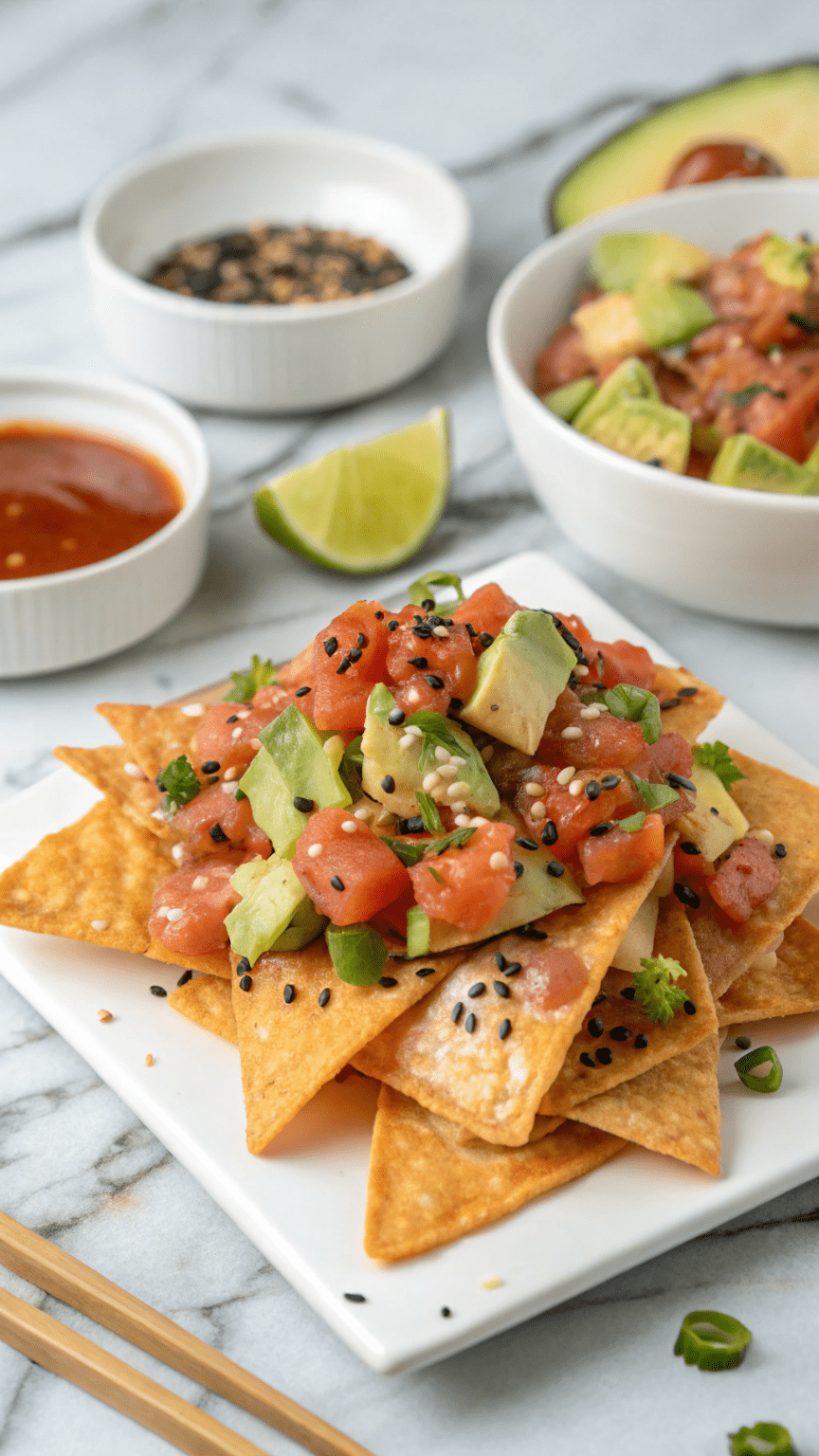
Spicy Tuna Poke Nachos
Try these Spicy Tuna Poke Nachos for a bold, healthy twist on your favorite appetizer! Packed with protein, omega-3s, and fresh toppings, it’s the perfect fusion of crunch and spice.
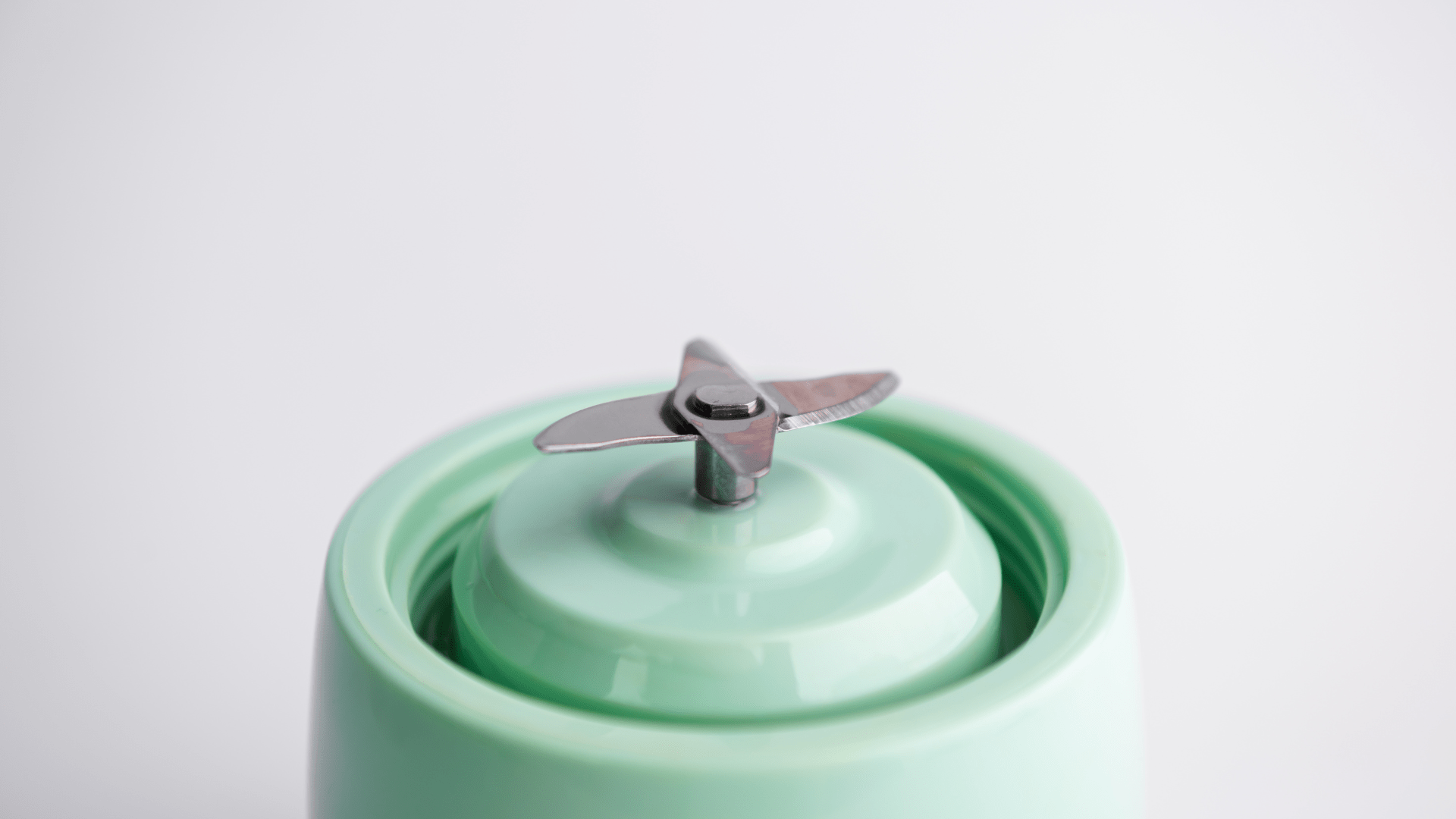
The Best Portable Blenders and Meal Prep Tools for Women on the Go
Discover the best portable blenders and meal prep tools perfect for busy women. Blend smoothies, prep meals, and stay on track with your wellness goals—anytime, anywhere.

